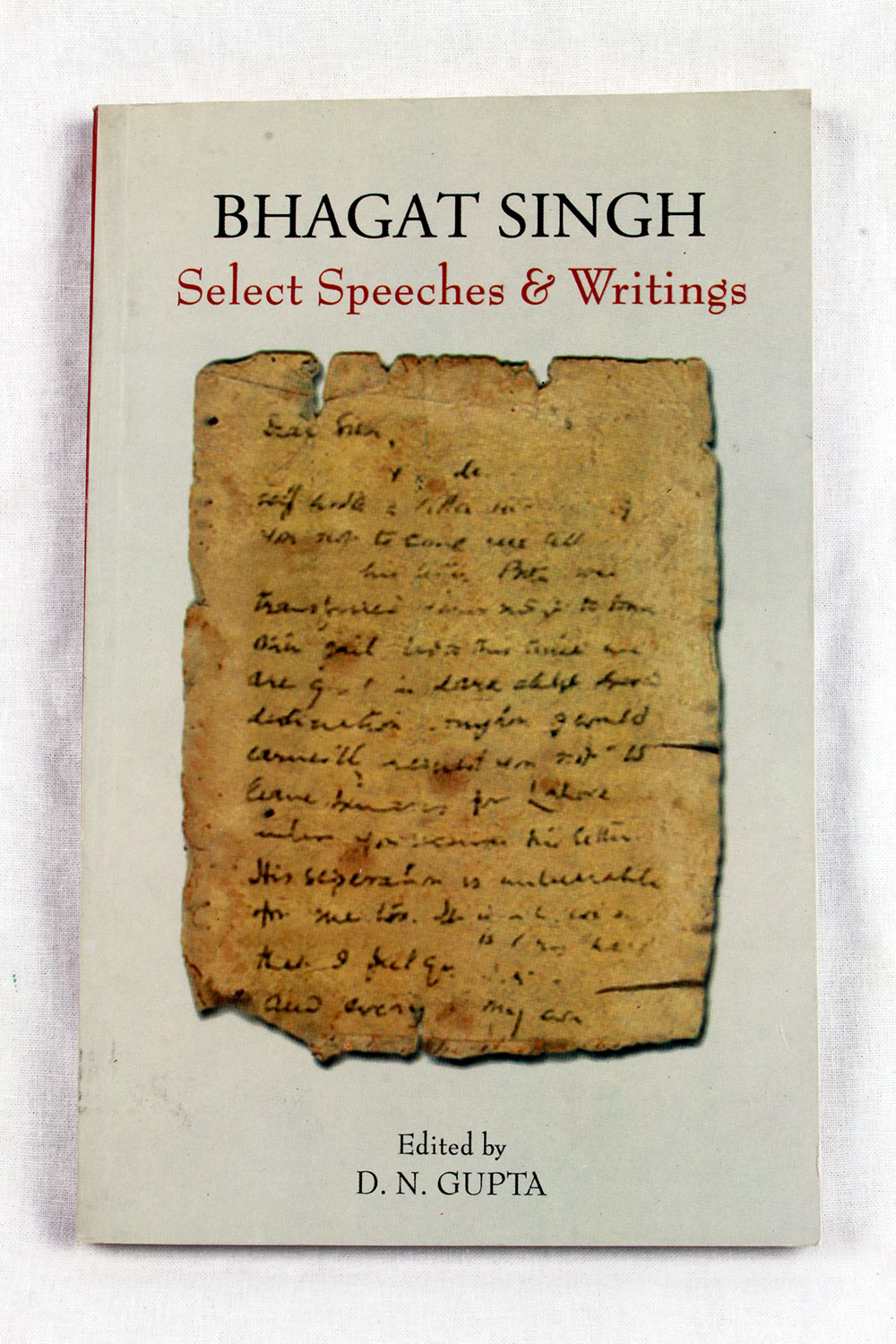Related products
Arrow of God is a 1964 novel by Chinua Achebe, his third. It followed his book Things Fall Apart. These two works, along with the third book, No Longer at Ease, are sometimes called The African Trilogy, as they share similar settings and themes. The novel centers on Ezeulu, the chief priest of several Igbo villages in Colonial Nigeria, who confronts colonial powers and Christian missionaries in the 1920s. The novel was published as part of the influential Heinemann African Writers Series.
The phrase “Arrow of God” is drawn from an Igbo proverb in which a person, or sometimes an event, is said to represent the will of God. Arrow of God won the first ever Jock Campbell/New Statesman Prize for African writing.
Jotiba Phule’s Fight for Liberty
Story: Srividya Natarajan
Art: Aparajita Ninan
In 1873, Jotirao Govindrao Phule wrote Gulamgiri (Slavery), a scathing, witty attack on the Vedas as idle fantasies of the brahman mind which enslaved the shudras and atishudras. A hundred and forty years hence, Srividya Natarajan and Aparajita Ninan breathe fresh life into Phule’s graphic imagination, weaving in the story of Savitribai, Jotiba’s partner in his struggles.
In today’s climate of intolerance, here’s a manifesto of resistance—Phule setting the dynamite of thought to the scriptures and ideas Hindus hold dear.
Ed. Salim Yusufji With an introduction by Bama
This book is an attempt at intimacy with B.R. Ambedkar in his hours away from history and headlines. The aim here is to recover the ephemera that attended Ambedkar’s life and died with him—his pleasure in his library and book-collecting, his vein of gruff humour, the sensation of seeing him in the flesh for the first time, or of stepping out of a summer storm into his house and hearing him at practice on his violin. Here, we have his attendants, admirers and companions speak of Ambedkar’s love of the sherwani, kurta, lungi, dhoti, and even his sudden paean to elasticated underpants. We meet Ambedkar the lover of dogs and outsize fountain pens, proponent of sex education and contraception, anti-prohibitionist teetotaler and occasional cook.
The fragments that make up this volume enable the recovery of his many facets—a rewarding biographical quest.
Choudhury, here, reignites the debate over the appropriation of Ambedkar. Amidst rising echoes for Ambedkar-Marx, Ambedkar-Marx-Bhagat Singh, Ambedkar-Marx-Gandhi-Bhagat Singh, he provocatively asks us to think of Ambedkar’s singular exceptionality—from an excerpt in Indian Cultural Forum
What is most interesting about this difficult but beautiful book is that it is committed to the task of exposing the naked antagonisms that snake across the cracked surfaces of these oppressive structures. —Scroll.in
Nowadays when Ambedkar scholarship has become an industry, Choudhury’s thesis approaches him from an entirely new perspective.—The Telegraph






Reviews
There are no reviews yet.